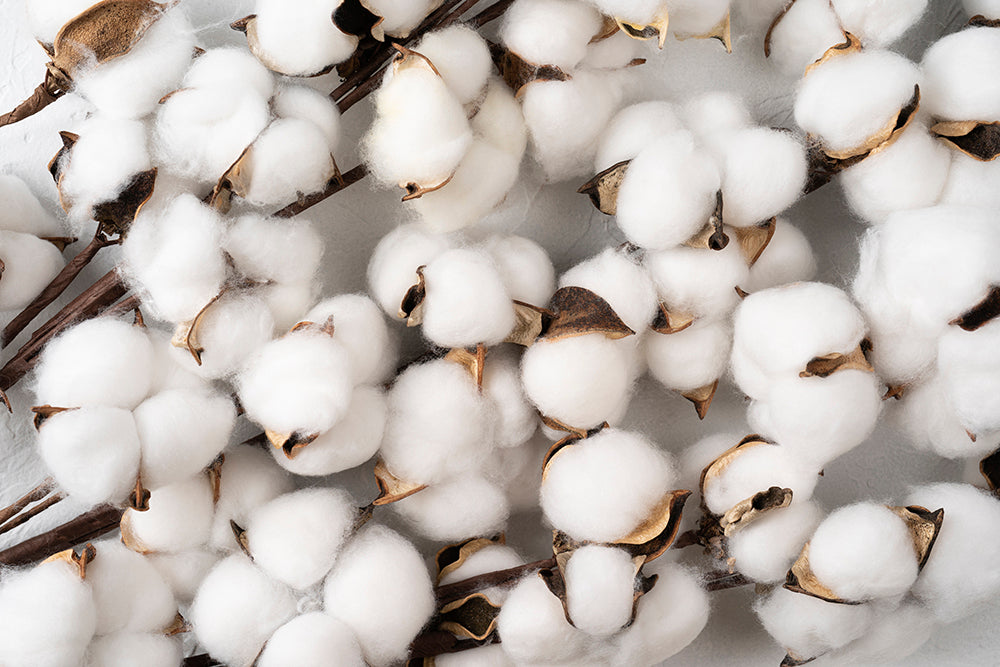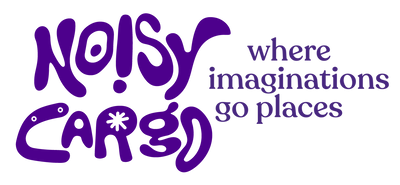The Global Organic Textile Standard (GOTS) is the worldwide leading textile processing standard for organic fibers, including environmental and social criteria, supported by independent third-party certification of the entire textile supply chain
Sustainability
Means meeting our own needs as humans without compromising
the ability of future generations to meet their own needs.
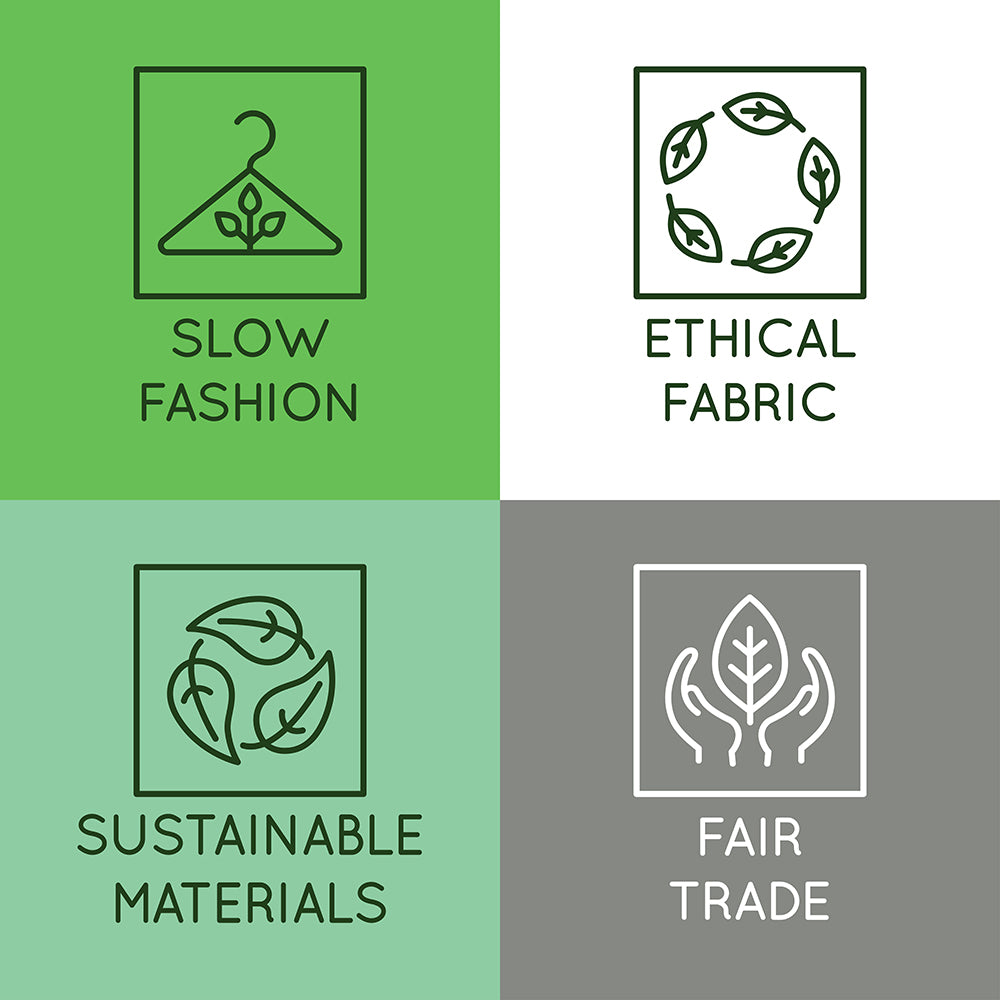
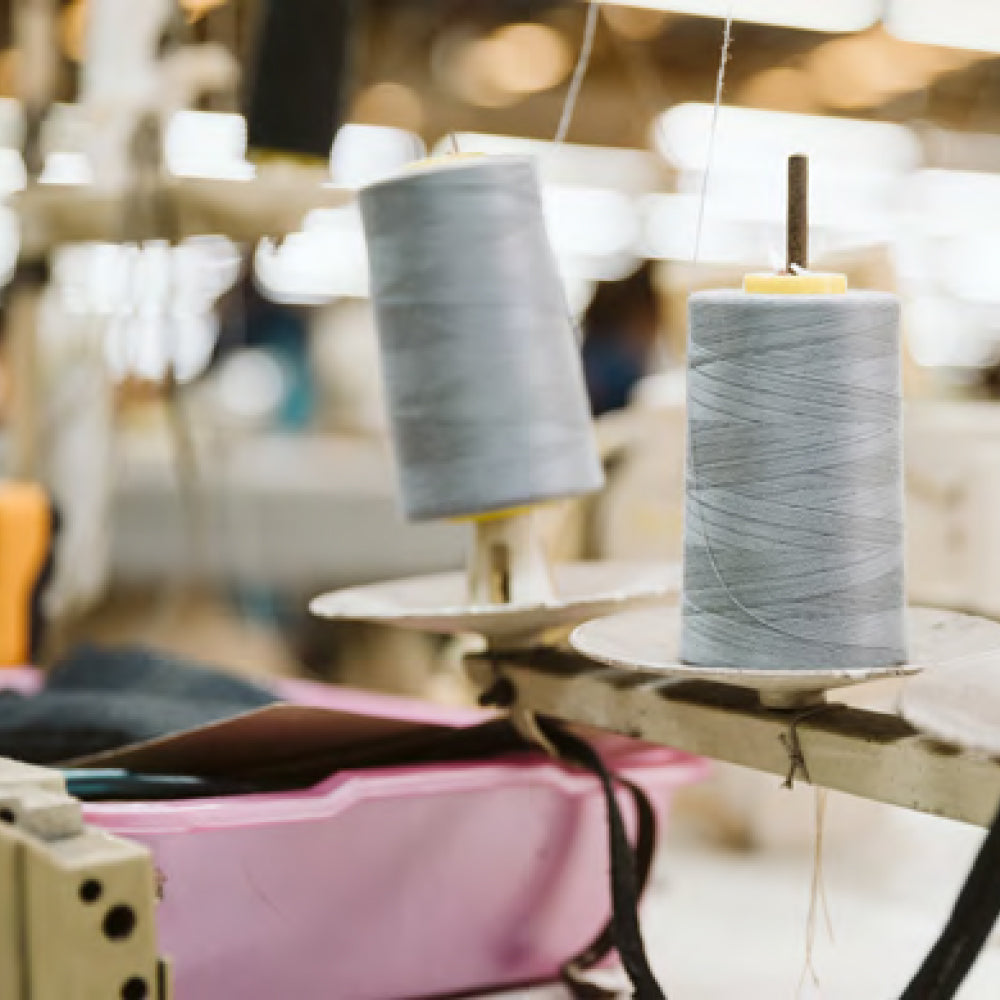
Key Features
GOTS certification is built upon four distinct and unique features:
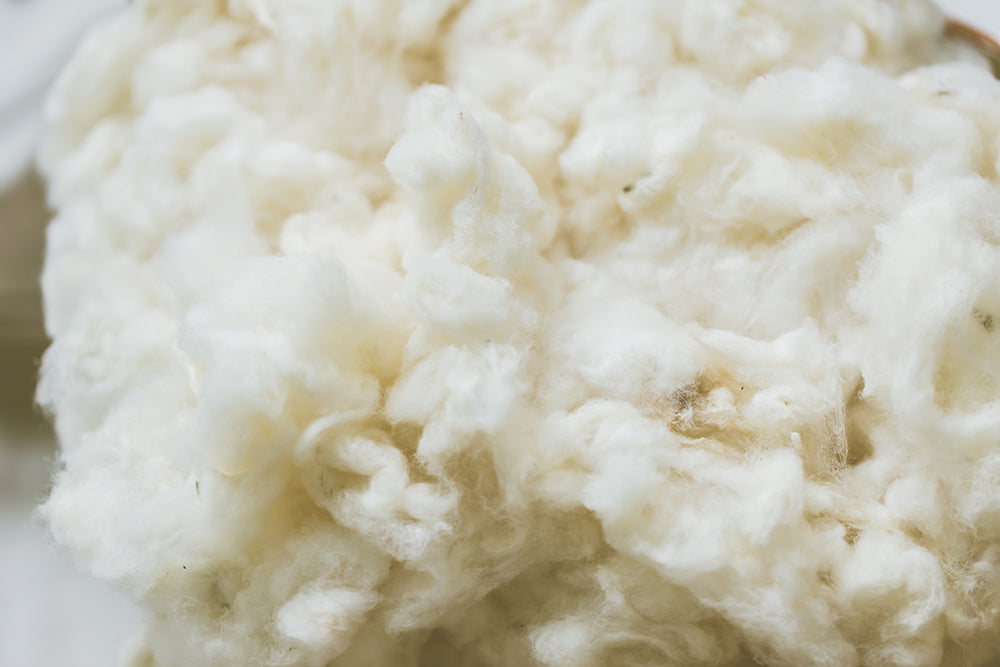
Organic Fibers
To address the sustainability issue within the fashion industry, we, as fashion makers, must collectively rethink the production and consumption of textiles. Organic Fibers play delicate roles in creating a sector that actively lowers its environmental impact and prioritizes human health over short-term profit.
A textile product carrying the "organic" GOTS label must contain a minimum of 95% certified organic fibers. According to the principles of Organic Agriculture, organic fibers are natural fibers grown without synthetic pesticides (such as insecticides) or herbicides and GMOs (Genetic Modified Organisms). Organic agriculture contributes to the issue of sustainability by safeguarding the health of ecosystems, soils, and people.
Environmental and Social Criteria

To build a genuinely sustainable textile industry, GOTS implements mandatory criteria to be followed to be certified. In doing so, it evaluates textiles' processing and manufacturing based on environmental and social standards. This means assessing everything from the chemical being used to the ethical treatment of workers. The standard covers the processing, manufacturing, packaging, labeling, trading, and distributing
all textiles made from at least 70% certified organic fibers.
There are two GOTS label grades:
Organic, which requires a minimum of 95% organic fibers.
Made with Organic Materials, which requires at least 70% organic fibers

The Standard sets requirements concerning working and social conditions that are equivalent to those of leading social sustainability standards. GOTS social criteria, based on the fundamental norms of the International Labour Organisation (ILO), United Nations Guiding Principles on Business and Human Rights (UNGPs), and Organization for Economic Cooperation and Development (OECD), must be met by all processors, manufacturers, and traders. They must have a social compliance management system with defined elements to meet the social criteria. Mandatory Social Criteria to Follow:
• Employment is freely chosen • Freedom of association and collective bargaining • No Child labor • No discrimination • Occupational health and safety (OHS) • No harassment and violence • Payment and assessment of the living wage gap • Working time • No hazardous employment • Migrant workers
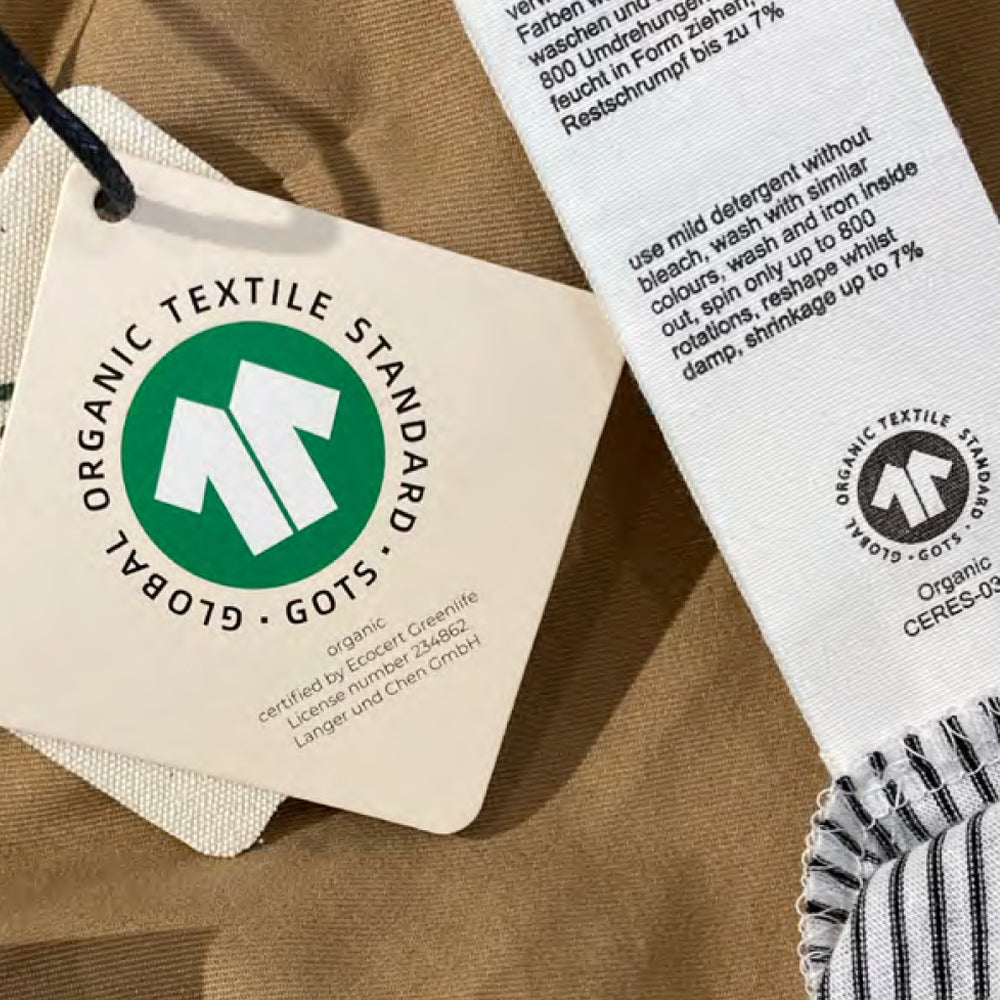
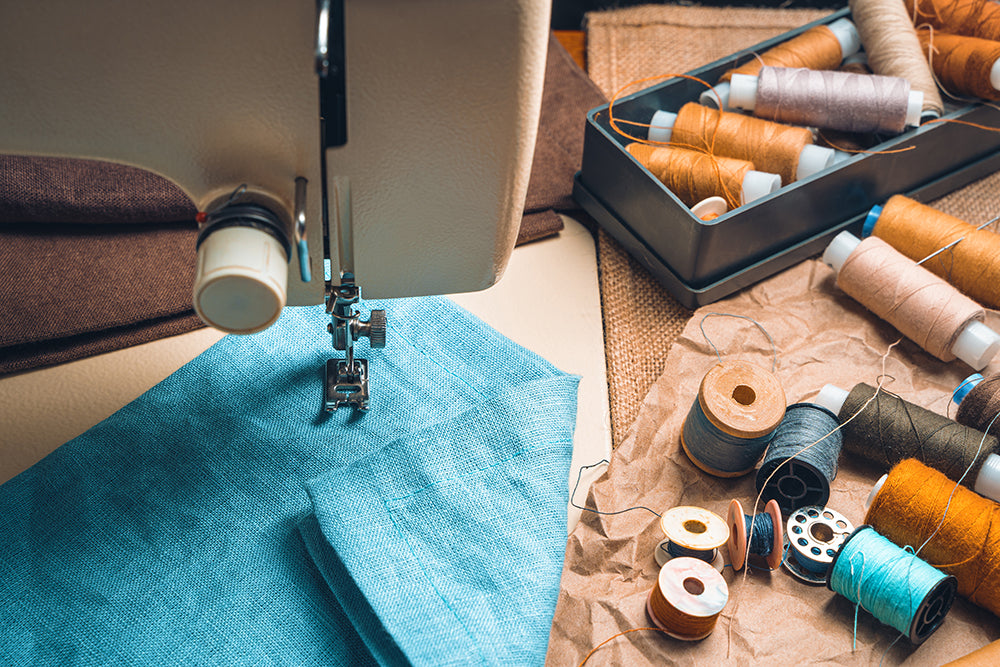
Third-Party Certification
Independent Third-Party GOTS performs on-site inspection and certification of processors, manufacturers, and traders accredited Certification Bodies and forms the basis of the GOTS monitoring system. It provides a credible assurance of the integrity of GOTS-certified textiles. The Global Organic Textile Standard (GOTS) certification aims to make sustainable and high quality textiles without harming the environment. To earn a GOTS label, a product must contain a majority of organic natural fibers and meet specific standards for processing and manufacturing, packaging, and labeling [3]. The certification covers the entire textile supply chain, including fiber production, processing, and manufacturing, and requires minimal chemical inputs. The certification also has strict criteria for fiber production, processing, and manufacturing, including the use of natural-based substances for fertilizers and pesticides and the prohibition of toxic chemicals and heavy metals.
All Processing
The processing of textiles is based on the conversion of fiber into yarn and yarn into fabric. For example, ginning is the first processing stage for cotton, at which seeds are removed from cotton bolls. Organic fiber cultivation, the initial production, is covered by any international or national organic farming standard that is approved in the IFOAM Family of Standards. GOTS covers all steps in the processing, manufacturing, and trading organic textiles. All must be certified to strict ecological and social criteria for the product to carry the GOTS label. In this way, the GOTS puts an end to greenwashing.

